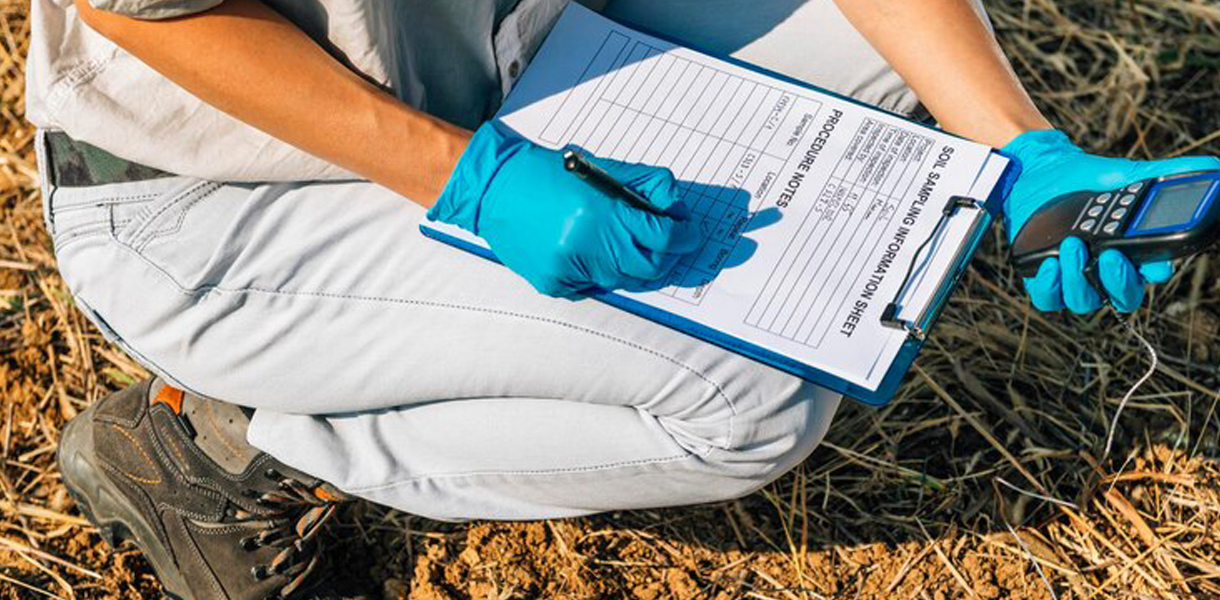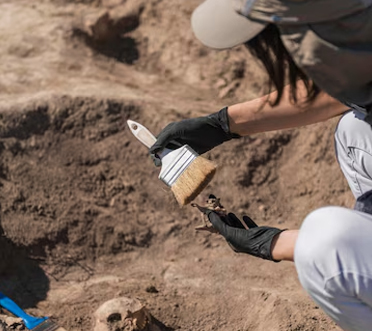Soil Investigation
Soil investigation is the process of examining and analyzing soil properties to determine its suitability for various purposes such as construction, agriculture, environmental management, or infrastructure development. It involves a systematic study of soil characteristics, composition, strength, and other relevant factors.




